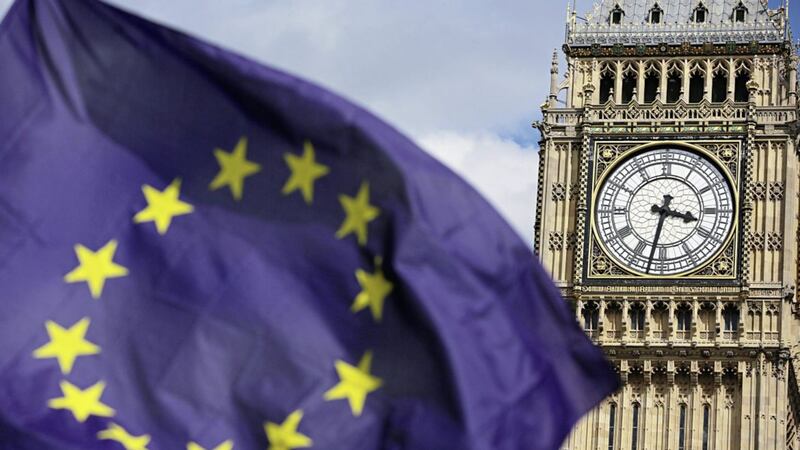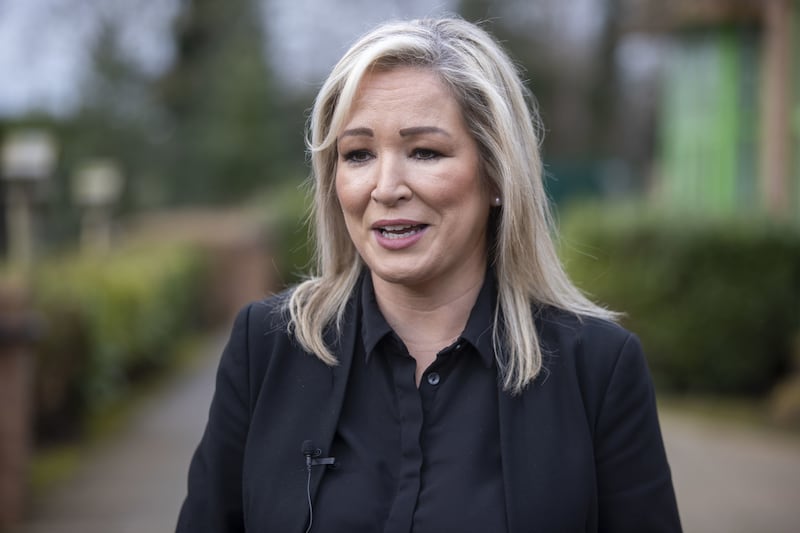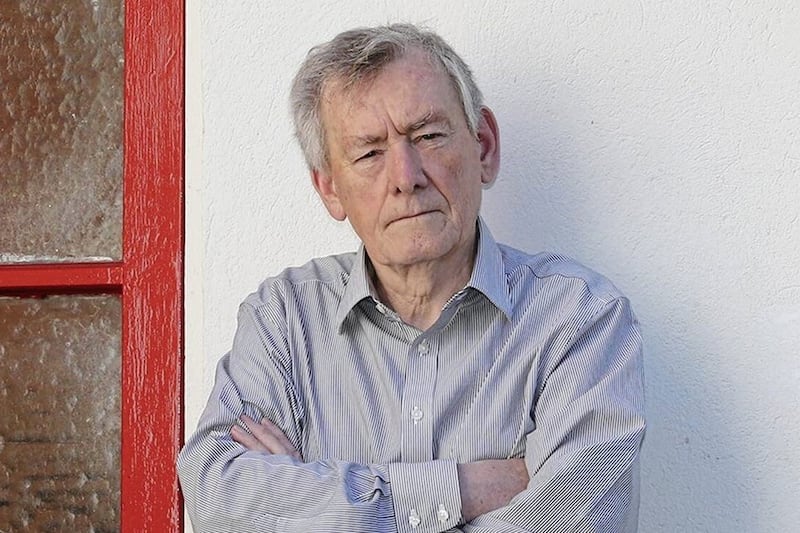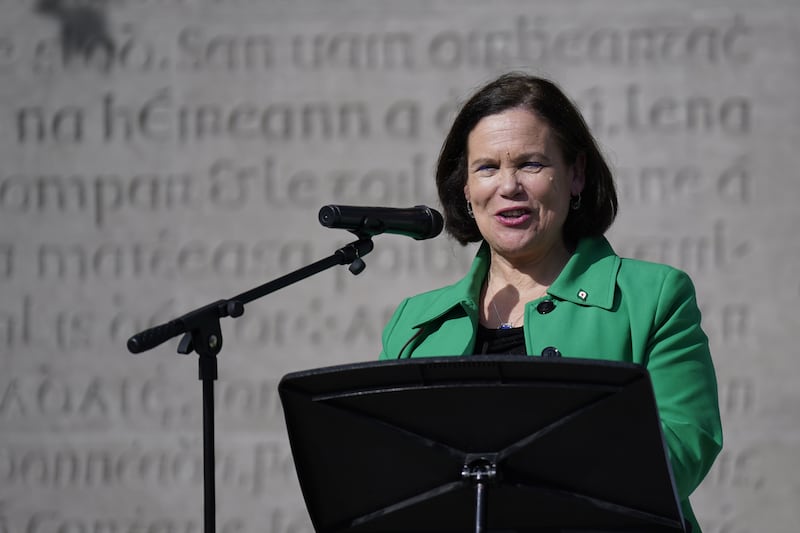The Republic should have at least three extra MEPs after Brexit so Northern Ireland is properly represented, Sinn Fein has said.
A total of 73 UK MEPs will be reallocated to other member states due to the separation.
Sinn Fein outlined its priorities for upcoming negotiations on an exit which are expected to begin next year. Achieving special status within the EU for Northern Ireland is the party's central aim.
As part of the post-Brexit shake up in political representation in the bloc, the party said: "We should make the case that there should be at least three more MEPs for Ireland when the Six County population is factored into consideration.
"We should also look for additional seats in the Committee of the Regions and the European Economic and Social Committee."
While the DUP support Brexit and believe it will free the country from red tape emanating from Brussels Sinn Fein is vehemently opposed over the impact on the economy and peace process.
Brexit proponents have argued there will be no impact on the peace process and an exit will return sovereignty to the people of the UK.
In a policy document published on Thursday, Sinn Fein pledged to argue for the North to remain within the EU and gave examples of similar arrangements in Europe.
It set out the alleged risk to the Good Friday Agreement and the power sharing North/South arrangements as well as the perceived threat to the peace process.
"Over the last number of decades, the EU has shown itself to be flexible in dealing with different forms of integration for member states and non-member states with the EU," it said.
No precedent exists for a jurisdiction to remain an EU member whilst the member state it is linked to ends its membership.
Sinn Fein's paper noted: "However, the inverse of this scenario was Greenland, a Danish dependent territory with limited devolution, who voted to leave the EU in 1985 while Denmark as the member state remained.
"Greenland was then transferred to Overseas Countries and Territories status."
A trilateral declaration agreement has existed between Denmark, Greenland and the EU, which was updated in 2015.
A total of 25 Overseas Countries and Territories (OCT), have a special relationship status with the EU without being member states in their own right and are linked with Denmark, Britain, France and the Netherlands who benefit from access to the single market and other entitlements negotiated between the member state/OCT/EU.
They are, however, all linked to a member state.








